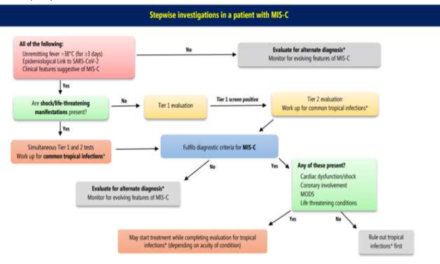Stroke, a leading cause of death and disability in England, is increasingly affecting younger adults, according to recent research. While traditionally considered an illness of older age, stroke incidence is on the rise among those under 55. This trend underscores the importance of understanding and managing stroke risk factors at all ages.
A neurocritical care nurse turned stroke researcher highlights that many stroke risk factors, such as high blood pressure, high cholesterol, obesity, diabetes, smoking, physical inactivity, and poor diet, are becoming more prevalent in younger populations. Additionally, lifestyle choices like heavy alcohol consumption and recreational drug use contribute to increased risk.
While some risk factors, such as age, sex, ethnicity, and genetics, are unmodifiable, others can be addressed through lifestyle changes. Notably, women face unique stroke risks related to pregnancy, certain contraceptive pills, and hormonal conditions. Social determinants, including lower income and education levels, also play a significant role, often linked to unhealthy lifestyle habits and limited access to quality healthcare.
To combat this rising trend, experts recommend eight essential strategies for stroke prevention:
- Stop Smoking: Smoking more than doubles the risk of stroke by damaging blood vessels and increasing clot formation.
- Keep Blood Pressure in Check: Regular monitoring and management of high blood pressure are crucial to prevent vessel damage and clot formation.
- Monitor Cholesterol: Maintaining healthy cholesterol levels, especially in conjunction with managing blood pressure, significantly reduces stroke risk.
- Watch Blood Sugar: High blood glucose damages blood vessels, increasing the risk of clots. Regular exercise and a balanced diet can help manage blood sugar.
- Maintain a Healthy Weight: Being overweight or obese increases stroke risk by contributing to other risk factors like high blood pressure and diabetes.
- Follow a Mediterranean Diet: A diet rich in fiber, fruits, vegetables, and healthy fats can reduce stroke risk.
- Sleep Well: Aim for seven to nine hours of quality sleep per night to regulate blood pressure.
- Stay Active: Regular physical activity, as recommended by health organizations, helps maintain cardiovascular health and reduce stroke risk.
By adopting these lifestyle changes, individuals can significantly reduce their stroke risk and improve overall heart and brain health.
Disclaimer: This article provides general information and should not be considered medical advice. Individual risk factors and health conditions vary, and it is essential to consult with a healthcare professional for personalized guidance and treatment.(The Conversation )












